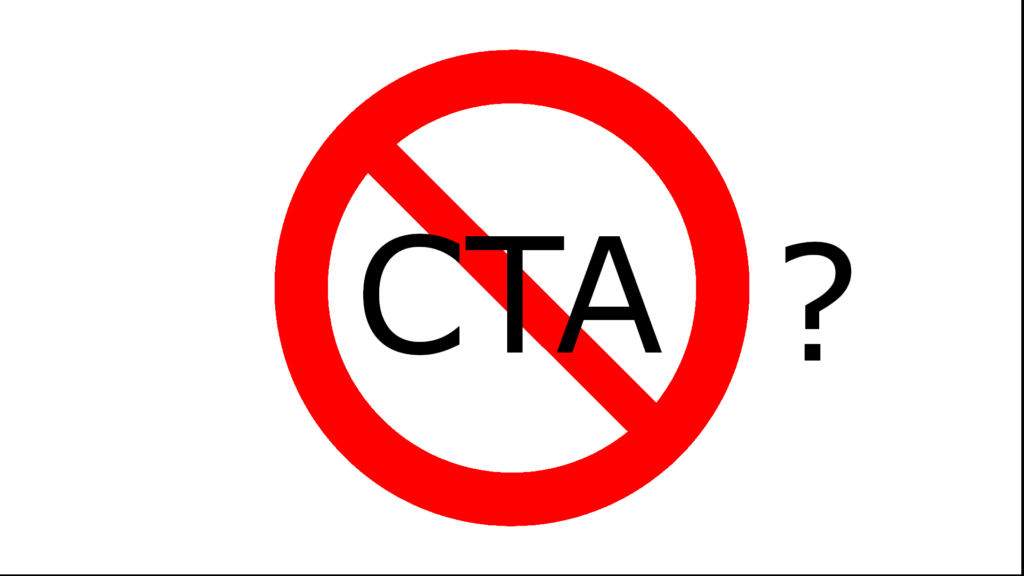What is the CTA? The Corporate Transparency Act (“CTA”) is a new US law intended to expand existing US anti-money laundering enforcement.
The CTA requires the disclosure of the ultimate Beneficial Owners of all US business entities, such as corporations, certain LLCs, certain trusts, and other corporate type entities which are deemed Reporting Companies. Basic identifying information of the Beneficial Owners must be reported to FinCEN, a division of the US Department of Treasury.
Filings are due beginning in 2024. Please see the Resources tab for more information.
A Reporting Entity must file a report with FinCen providing basic identifying information of each Beneficial Owner of the Entity. A report must be also updated if the reported information of a Beneficial Owner changes. Certain foreign entities registered to do business in the United States may also be determined to be Reporting Entities. If no Reporting Entity exists within the structure, then no reporting is required by the CTA.
For further reading, the FinCEN maintains a factsheet webpage summarizing the CTA at: Beneficial Ownership Information Reporting Rule Fact Sheet | FinCEN.gov.
DEFINITIONS
Corporate Transparency Act
Enacted into law on January 1, 2021; the CTA’s enforcement date has been extended several times due to delays in promulgation of regulations. Currently, the enforcement date is set as January 1, 2024.
The intended goal of the CTA is to combat money laundering and similar illegal activities. To do this, it will seek to identify all the ultimate individual (warm body) beneficial owners of US entities.
Reporting Entity
A Reporting Entity may be either a domestic US entity or a foreign entity. Domestic entities (“Domestic Reporting Company”) includes corporations, limited liability companies and other entities created by filings made with state or tribal jurisdiction level SOS offices. Foreign entities includes foreign incorporated entities that are registered to do business within a US jurisdiction via a SOS type filing.
Beneficial Owner
With respect to a Reporting Entity, an individual who, directly or indirectly, through any contract, arrangement, understanding, relationship, or otherwise either:
-
- exercises substantial control over the entity; or
-
- owns or controls not less than 25 percent of the ownership interests of the entity
Substantial Control
Includes anyone with either direct or indirect control over certain defined functions and operations of a Reporting Entity; additionally, the proposed regulations include a catch clause granting FinCEN discretion to determine what constitutes Substantial Control.
A non-exhaustive list of defined forms of Substantial Control is provided in the regulations as any person with direction, determination, of or substantial influence over:
-
- The nature, scope, and attributes of the business of the reporting company, including the sale, lease, mortgage, or other transfer of any principal assets of the reporting company;
-
- The reorganization, dissolution, or merger of the reporting company;
-
- Major expenditures or investments, issuances of any equity, incurrence of any significant debt, or approval of the operating budget of the reporting company;
-
- The selection or termination of business lines or ventures, or geographic focus, of the reporting company;
-
- Compensation schemes and incentive programs for senior officers;
-
- The entry into or termination, or the fulfillment or non-fulfillment of significant contracts; and
-
- Amendments of any substantial governance documents of the reporting company, including the articles of incorporation or similar formation documents, bylaws, and significant policies or procedures.
Grantor Powers
The various powers (or circumstances of transfer) addressed §§671-679 whereby an individual is treated as the owner of a trust or portion of a trust for US income tax purposes.
Excluded Entities
Numerous entity types, individuals, and specific industries are exempt from the CTA.
These exemptions focus on three main categories of potential filers:
-
- Entities in regulated industries such as banking, insurance, securities, etc.
-
- Businesses with substantial physical presence in the US (greater than 20 employees and $5 million in gross receipts from US Sources)
-
- Employees, minors, nominees, creditors (but beware the employee exception is limited and certain senior officers[i] of a Reporting Entity may still be deemed a Beneficial Owner)
List of expected exempt entities, pending final regulations:
-
- Accounting firms
-
- Banks
-
- Brokers/dealers in securities
-
- Depository institution holding companies
-
- Domestic credit unions
-
- Domestic governmental authorities
-
- Entities assisting tax exempt entities
-
- Financial market utilities
-
- Inactive businesses
-
- Insurance companies
-
- Large operating companies
-
- Money transmitting businesses
-
- Other Securities Exchange Act of 1934 entities
-
- Pooled investment vehicles
-
- Public utilities
-
- Registered entities of the Commodity Exchange Act
-
- Registered investment companies and advisors
-
- Securities exchange/clearing agencies
-
- Securities issuers
-
- State licensed insurance producers
-
- Subsidiaries of certain exempt entities
-
- Tax exempt entities
-
- Venture capital fund advisers
Information Required to be Reported
The Final Rule details the exact information required to be filed with FinCEN. For each and every Beneficial Owner, a Reporting Company must provide:
-
- Full name,
-
- Date of birth;
-
- Address in their resident tax jurisdiction, and
-
- A unique identifying number and issuing jurisdiction from an acceptable identification document (and the image of such document).
-
- Additionally, the rule requires that reporting companies created after January 1, 2024, provide the four pieces of information and document image for company applicants.
-
- If an individual provides their four pieces of information to FinCEN directly, the individual may obtain a “FinCEN identifier,” which can then be provided to FinCEN on a BOI report in lieu of the required information about the individual.
Effective Date & Updating Reports
The Final Rule declares the effective date is January 1, 2024. From that date onwards newly formed entities will have 30 days to register, if required, with FinCEN (Note: there is a proposal to adjust this to 90 days). Existing entities will have one year, until January 1, 2025, to register.
If any of the information on file for a Beneficial Owners changes, then a Reporting Entity has thirty days to update the information. A Reporting Entity has an obligation to ensure the information it has for a Beneficial Owner is current.
If an entity is excluded from the reporting requirements (see below), no action is required to affirm such exclusion or exemption. If a Reporting Entity becomes eligible for an exemption subsequent to a required registration, then it must file an updated report to inform FinCEN of the exemption.
In the event of an incorrect report, a corrected report must be filed within thirty days of discovery of the inaccuracy. If such amended report is filed within ninety days of the original (inaccurate) report, it will be deemed properly filed for the purpose of avoiding penalties.
Penalties
A Reporting Entity may be charged with civil or criminal penalties, or both for failure to comply with the CTA.
Penalties may be incurred by:
-
- A willful provision of false or fraudulent information regarding beneficial ownership,
-
- A willful failure to comply with the reporting requirements of the CTA, or
-
- A willful failure to update beneficial ownership information as required by the CTA (the 90 day limit discussed above.)
FinCEN may impose civil penalties for the above infractions up the amount of $500 per day.
Per 380(g)(4) a person fails their reporting requirements if:
-
- such entity is required, pursuant to title 31, United States Code, section 5336, or its implementing regulations, to report information to FinCEN;
-
- the reporting company fails to report such information to FinCEN; and
-
- such person either causes the failure, or is a senior officer of the entity at the time of the failure.
[i] https://www.federalregister.gov/d/2022-21020/p-357
Proposed 31 CFR 1010.380(f)(8) would define “senior officer” to mean any individual holding the position or exercising the authority of a president, secretary, treasurer, chief financial officer, general counsel, chief executive officer, chief operating officer, or any other officer, regardless of official title, who performs a similar function.




Pingback: What is Substantial Control? – Tax Logicians